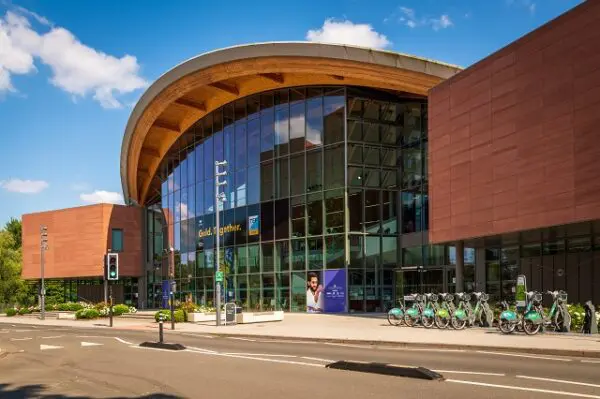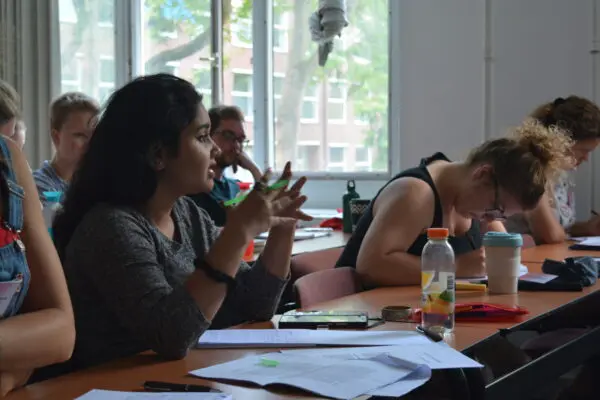
Coventry, United Kingdom
Money and Banking
When:
12 July - 01 August 2026
Credits:
4 EC
Read more
Economics
When:
14 June - 18 June 2021
School:
Institution:
Paris School of Economics
City:
Country:
Language:
English
Credits:
6 EC
Fee:
1200 EUR

Institutions and social frictions (associated with inequalities, political conflicts, corruption, and cultural polarization) have emerged as central themes in development economics. This course takes stock of existing research and moves on to draw the outline of the current research frontier. How do institutions shape the development process? How do understudied informal institutions, such as identities and customs, interact with formal institutions? How do we interpret recent trends in inequality within low- and middle-income countries?
The program approaches these questions by drawing on formal theory and rigorous empirical research in two core modules: “Inequality and development” and “Models of Cultural Dynamics and Social Identity”. In addition, two shorter modules develop empirical applications of the core course themes. These modules cover the role of civil conflict, corruption, and media in economic development. The objective of the program is to equip you with the background and tools you need as a researcher to contribute to this dynamic field.
Structure:
Theme I: Inequality and Development, François Bourguignon
Theme II: Models of Cultural Dynamics and Social Identity: Applications to Conflicts and Governance in Development, Thierry Verdier
Theme III: Corruption and institutions, Ekatarina Zhuravskaya
Theme IV: Conflict and Development, Oliver Vanden Eynde
Research Lab:
We will organize daily research lab sessions. In these sessions, you will work on a research proposal in a small group of students with shared interests. We will provide feedback and guidance to help you develop this proposal over the course of the week. At the end of the programme, you will have the opportunity to present your project to our faculty.
Programme Director: Oliver Vanden Eynde is a research fellow at the Centre National de Recherche Scientifique (CNRS) and an associate professor at PSE. Webpage: https://www.parisschoolofeconomics.eu/en/vanden-eynde-oliver/
Prerequisites:
This course is aimed at graduates in economics with strong empirical and theoretical skills.
How will professionals benefit from the programme:
The programme allows you to gain a broader perspective on the development process based on recent academic work. But, it also expands your skills by engaging critically with research questions and methodologies.
How will students benefit from the programme :
The programme helps you improving your research skills by introducing key concepts and by critically introducing you to recent research. It will help identify research questions and methodologies.
This program gets you up to speed with the existing academic literature and current debates. It presents leading theories, different research methods, and takes stock of the empirical evidence on inequality and institutional development. On that basis, it identifies the research frontier on this topic and delineates policy challenges.
Fee
1200 EUR, Student: 1200 euros
Fee
1500 EUR, Professional: 1500 euros if not sponsored, 2000 euros if sponsored by a private organisation.
When:
14 June - 18 June 2021
School:
Institution:
Paris School of Economics
Language:
English
Credits:
6 EC

Coventry, United Kingdom
When:
12 July - 01 August 2026
Credits:
4 EC
Read more

Groningen, Netherlands
When:
06 July - 10 July 2026
Credits:
1.5 EC
Read more

Aarhus, Denmark
When:
06 July - 22 June 2026
Credits:
5 EC
Read more